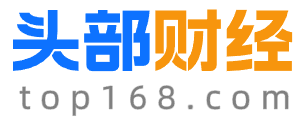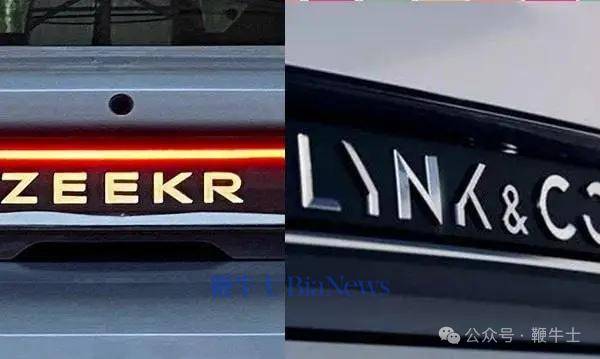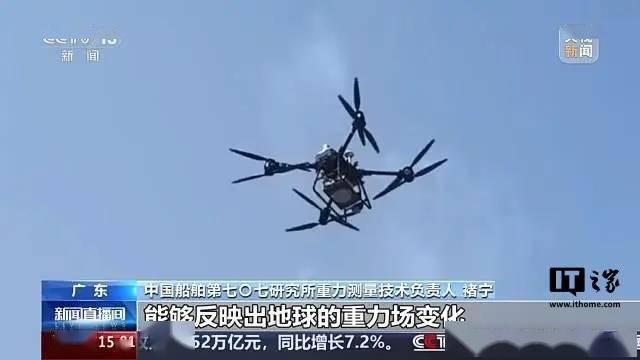TMTPost -- The U.S.-listed chip stocks dived on Wednesday after a report stirred new fears about further trade restrictions on Chinese semiconductor industry.

AI Generated Image
The PHLX Semiconductor Index (SOX) , a Philadelphia Stock Exchange capitalization-weighted index composed of the 30 largest U.S. companies primarily involved in the design, distribution, manufacture, and sale of semiconductors, settled 6.8% lower on Wednesday, the largest daily percentage drop since March 18, 2020. Shares of Nvidia Corporation, the artificial intelligence (AI) chip making giant, dropped 6.6%, and shares of Broadcom Inc. , another chip specialist that benefits from booming demand from the AI market, fell 7.9% to clinch their worst single-day percentage loss since March 18, 2020. Shares of Applied Materials, Lam Research Corp. and Advanced Micro Devices Inc. (AMD) all dropped more than 10% on the day.
The selloff of the chip stocks came after a report about possible new tech curbs from the United States. Bloomberg reported Wednesday taht the Biden administration has told allies that it’s considering using the most severe trade restrictions available if companies such as Japanese firm Tokyo Electron Ltd. and Netherland-based ASML Holding NV continue giving the country access to advanced semiconductor technology.
The U.S. was reported to consider whether to impose the foreign direct product rule, or FDPR, which allows the country to impose controls on foreign-made products that use even the tiniest amount of American technology. Seeking leverage with allies, the U.S. government is presenting the idea to officials in Tokyo and the Hague as an increasingly likely outcome if the countries don’t tighten their own China measures, the report quoted people familiar with the matter.
China firmly opposes the U.S.’s malicious attempts to block and suppress China’s semiconductor industry, Chinese Foreign Ministry spokesman Lin Jian commented on the abovementioned report at a regular press briefing Wednesday. The US overstretches the concept of national security, politicizes trade and tech issues and uses them as weapons to tighten control over chip export to China and coerce other countries to go after China’s semiconductor industry, which severely undermines international trade rules, destabilizes global industrial and supply chains, and serves no one’s interests, Lin said. The spokesperson urged the relevant countries to do the right thing, firmly resist coercion, and jointly uphold a fair and open international trade order to protect their own long-term interests.
A representative for ASML declined to comment on the reported discussions, which have involved the National Security Council (NSC) and the U.S. Commerce Department’s Bureau of Industry and Security. A Tokyo Electron spokeswoman said the company wasn’t in a position to comment on geopolitical issues.
Founded in 1984, Netherlands-based ASML provides comprehensive lithography solutions encompassing hardware, software, and services, assisting chip manufacturers in large-scale image etching on silicon wafers. Meanwhile, ASML is currently the only manufacturer of EUV lithography systems in the world. As a key for the future lithography technology and advanced process, EUV lithography is the most expensive step in making the advanced microchips that power data centers, cars and iPhones.
ASML has been restricted from selling its high-end machines in China since 2019 due to U.S.-led export controls. The company confirmed at the beginning of this year that a license for the shipment of NXT:2050i and NXT: 2100i has been revoked by the Dutch government, but added the revocation just affected a small number of customers in China. “We do not expect the current revocation of our export license or the latest U.S. export control restrictions to have a material impact on our financial outlook for 2023,”ASML said in the statement in January.
Later in Janaury, ASML CFO Dassen disclosed new U.S. and Dutch export curbs are expected to reduce sales of its mid-range "DUV" product lines to China by about 10% to 15% this year, after they hit record levels last year. Dassen said the company will not get export licenses for shipment into China for advanced immersion tools like NXT:2000i and up this year, but he still expected demand from China for older tools to stay very solid.










 京公网安备 11011402013531号
京公网安备 11011402013531号